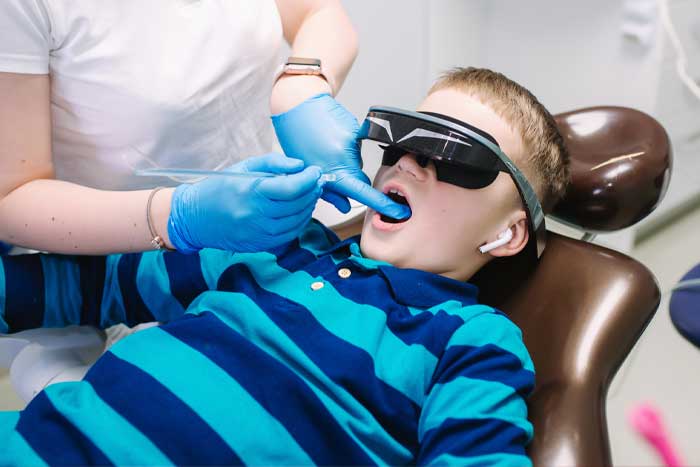
Audio analgesia is the practice of utilizing sound to reduce pain. It was introduced in 1959 by Gardiner and Licklider and consisted of the delivery of two types of sound: music selected by the patient and a variation of white noise set at a very high volume. The fundamental idea was that focusing on the music helped the patient to relax and the noise would be loud enough to distract one’s attention from focusing on the pain. Audio analgesia has been utilized to relieve pain in anything from dental procedures to childbirth.
While some of the effects of audio analgesia are likely due to cross-sensory masking, where intense stimulation of one of our senses will detract from the stimulation of another, the music component of the treatment is more of a psychological factor, helping patients to relax and reduce anxiety. Because the patient can adjust the volume, this active participation gives some sense of control over the situation, further reducing anxiety.
Studies have shown varying success over the years and the practice of audio analgesia has been largely discontinued, in part because the mechanism of action was poorly understood and in part because it was not effective for all patients nor all types of pain. The clinicians at Resonance Hearing also express significant concern about permanently damaging one’s ears by masking a loud sound (e.g. dental drill) with an even louder one.
On a personal note, and as one who is keenly aware of sound, I find that filtered earplugs (which reduce the overall level of sound), helps to manage any anxiety when visiting the dental office. It gives me a sense of control over the sound while still allowing me to communicate with the dental professional.
Some of the principles of audio analgesia are highly applicable to how we manage tinnitus. Tinnitus is a sound that one hears but which has no external stimulus and is often described as a ringing, hissing or buzzing sound. The use of sounds (albeit at a much softer level) to manage tinnitus and reduce anxiety and stress are evidence based methods which have shown to reduce the negative effects of tinnitus.
It is interesting to explore the largely discontinued practice of audio analgesia because it serves as a reminder that sound (either the addition of or reduction of) can be effectively used to reduce anxiety and discomfort in a variety of situations.

